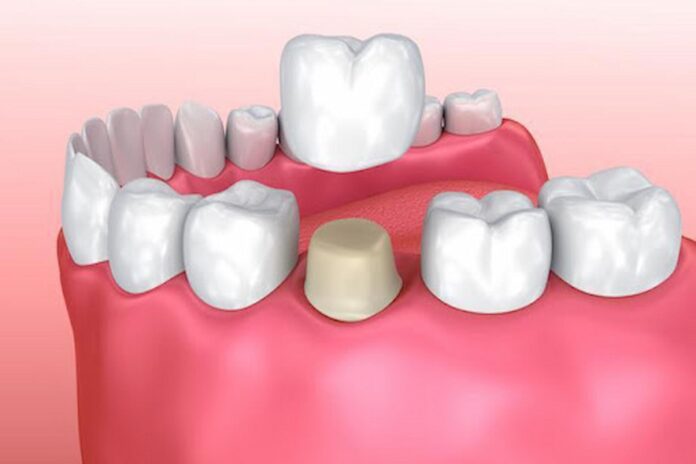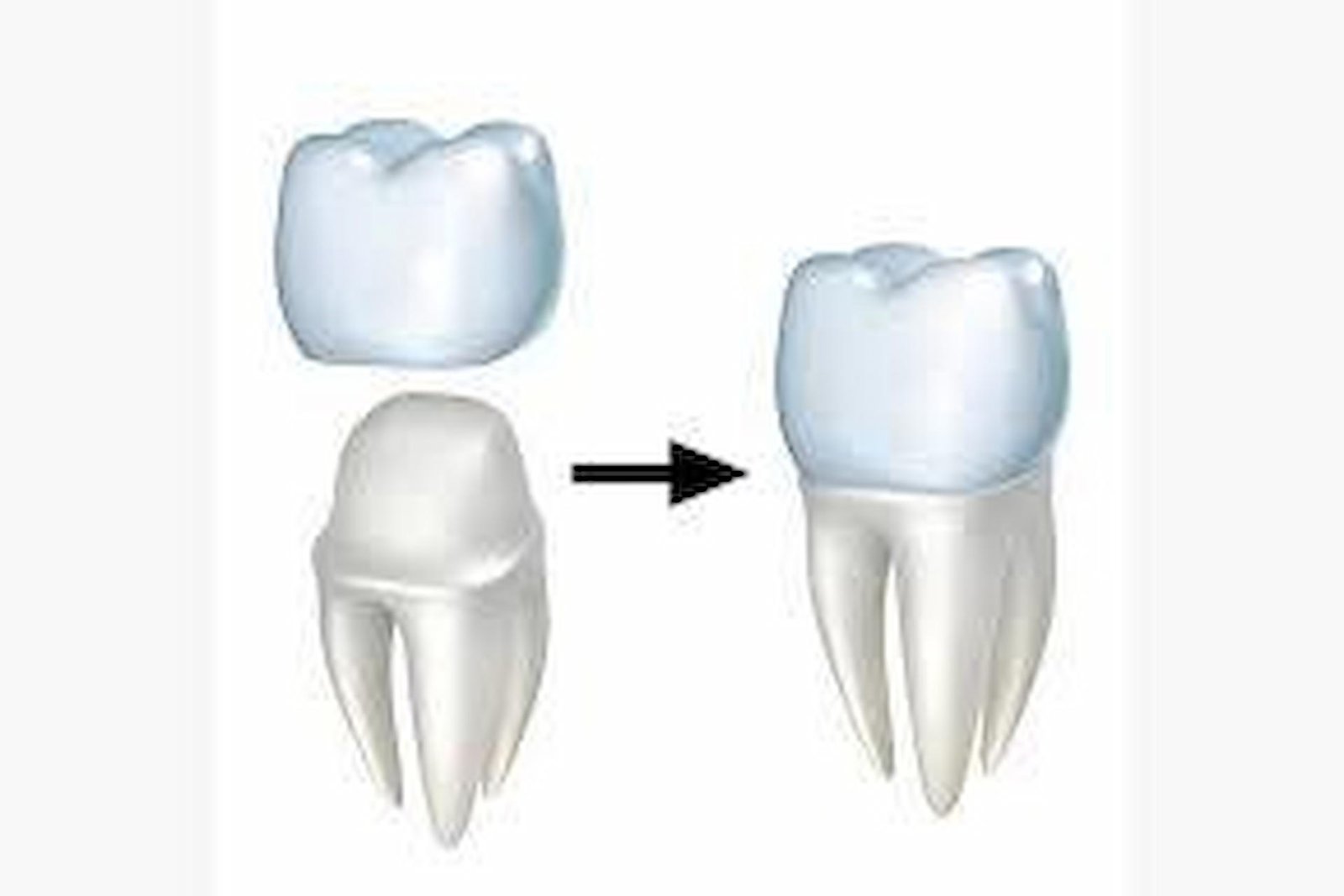Dental crowns are a cosmetic dental restorative option that covers the entire tooth, preserving it from further damage and restoring its original function and appearance. Placing a dental crown involves first reducing the tooth size so the crown can fit over it. Then, an impression is made of the tooth to create a model for the crown. This model is sent to a technical dental lab where the crown is fabricated using materials like porcelain, metal, or a combination. Once the crown is ready, it is cemented into place. According to an experienced dentist offering advanced dental crowns in Vancouver, these dental treatments are typically used in cases where a tooth has been severely fractured and cannot be restored using other methods, such as fillings or bonding. This top-quality procedure can also be used for aesthetic purposes, such as to improve the appearance of misshapen or discolored teeth. By encasing the entire tooth, a dental crown provides a strong, durable, and long-lasting solution for restoring a damaged tooth’s function and appearance.
All Advantages & Disadvantages
If you and your dentist have decided that this method is the right treatment option for you, a few steps must be taken to prepare for and place your new crown. First, your dentist will take an impression of your tooth or teeth to create a model of your mouth. This model will fabricate your new crown, while an immediate crown will be applied while you wait for the permanent one to be created.
Once your permanent crown is professionally designed, you will return to the dentist to have it placed. Finally, your highly-skilled dental practitioners will make any necessary final adjustments to ensure the new crown provides a comfortable and natural bite.
Before deciding to get a dental crown, it’s important to consider the pros and cons of this dental treatment. One advantage of dental crowns is that they can last many years with proper care, making them a long-term solution for a damaged or discolored tooth. They are also solid and durable, protecting against further damage to the tooth. Additionally, they can improve the appearance of a smile by covering up damaged or discolored teeth.
However, there are also some disadvantages to getting a dental crown. One major factor is the cost, which can be expensive depending on the material used and the number of teeth involved. Insurance may not cover the entire cost, making it a significant investment. Additionally, getting a dental crown can take two or more visits to the dentist, as they are custom-made to fit the tooth. This means an increased time commitment is involved, which may only be suitable for some. By weighing these benefits and drawbacks, you can decide whether a dental crown is right for you.
All Available Alternatives
If you’re considering alternatives to getting a dental crown, your dentist may suggest a few options. Dental bonding is a less expensive alternative, where tooth-colored resin fills the damaged area of the tooth. However, it’s less durable and may only last 5 to 10 years. Dental veneers are custom-made shells that improve the physical appearance of the teeth by making them look whiter and straighter. Overall, dental crowns can effectively develop oral health and gift you the gorgeous smile you’ve always dreamed of. However, it’s essential to carefully consider all available options to determine which one is best for you. Knowing the facts about dental crowns and alternatives can help make an informed decision. It’s recommended to talk to your dentist to see which option would be most suitable for your oral health needs.









